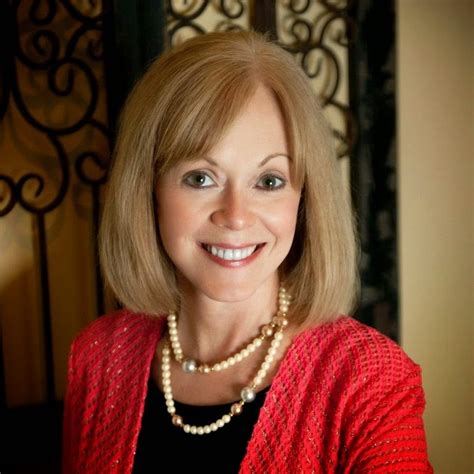A Quote by Jon Meacham
Only the most unapologetic biblical fundamentalists, for instance, take every biblical injunction literally. If we all took all scripture at the same level of authority, then we would be more open to slavery, to the subjugation of women, to wider use of stoning. Jesus himself spoke out frequently against divorce in the strongest of terms.
Related Quotes
Archaeology in general is the recovery and study of the material culture of past civilizations. Biblical archaeology is as an application of the science of archaeology to the field of biblical studies. Through the comparison and integration of Scripture with the evidence of history and culture derived from archaeology, new insights into the biblical context of people and events, and sometimes the interpretation of the text itself, are possible. In this way archaeology serves as a necessary tool for biblical exegesis and for apologetic concerns.
Biblical archaeology was developed early in this century in an effort to substantiate the authenticity of the Biblical account. It's by now generally recognized in Biblical scholarship that it has done the opposite. The Bible is not a historical text, and has only vague resemblances to what took place, as far as can be reconstructed. For example, whether Israel ever existed is not clear; if so, it was probably a small kingdom somewhere in the hills, apparently virtually unknown to the Egyptians.
"Biblical theology" refers to something more precise than theology that is faithful to the Bible. It might be helpful to draw a contrast: at the risk of oversimplification, systematic theology tends to organize theology topically and with an eye cast on its contemporary relevance, while biblical theology tends to organize the same biblical material so that it is easier to see the distinctive contribution of each biblical book and human author, and to trace the trajectories of themes across the Bible so we see how the books of the Bible hold together.
When biblical material touches on the natural world, we can legitimately use the tools of science. Sometimes that shows us - no shock here - that biblical writers didn't know as much as we now know about the natural world - but God knew that when he picked them, so that alone tells us that "doing science" that would satisfy a 21st century - and beyond - audience wasn't what God was interested in with respect to the enterprise of producing Scripture for posterity.
I think evangelicals would do better if they concentrated less on bolstering the formal authority of the Scripture - which I certainly would want to affirm - and more on displaying how biblical texts can shape lives in salutary ways, how they are fruitful texts, how they are texts one can live according to.



































